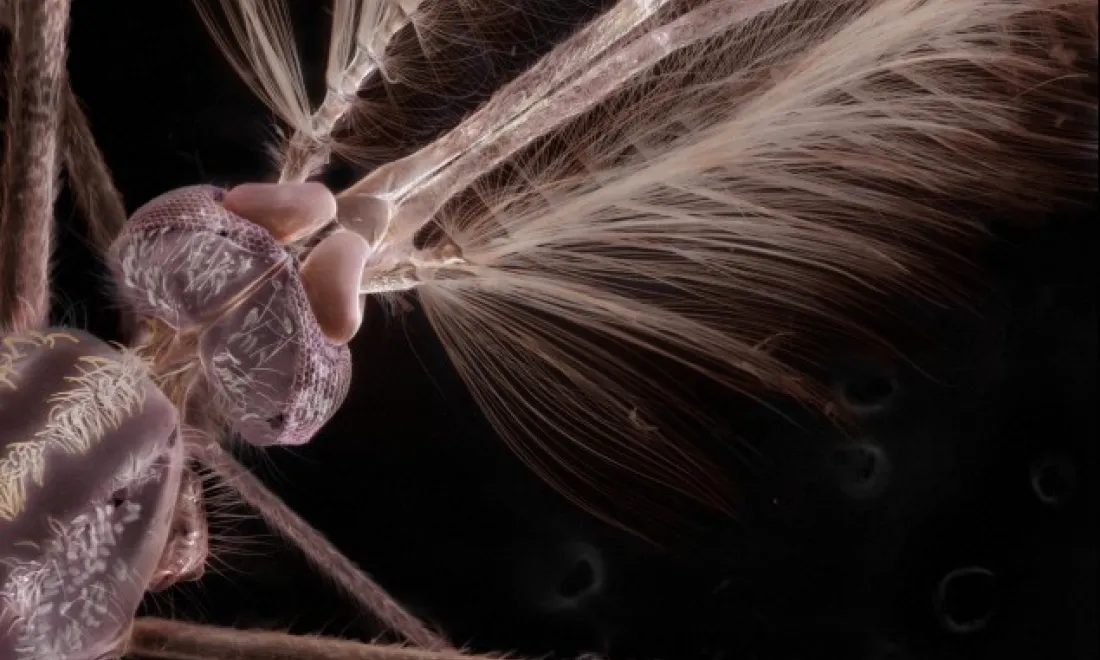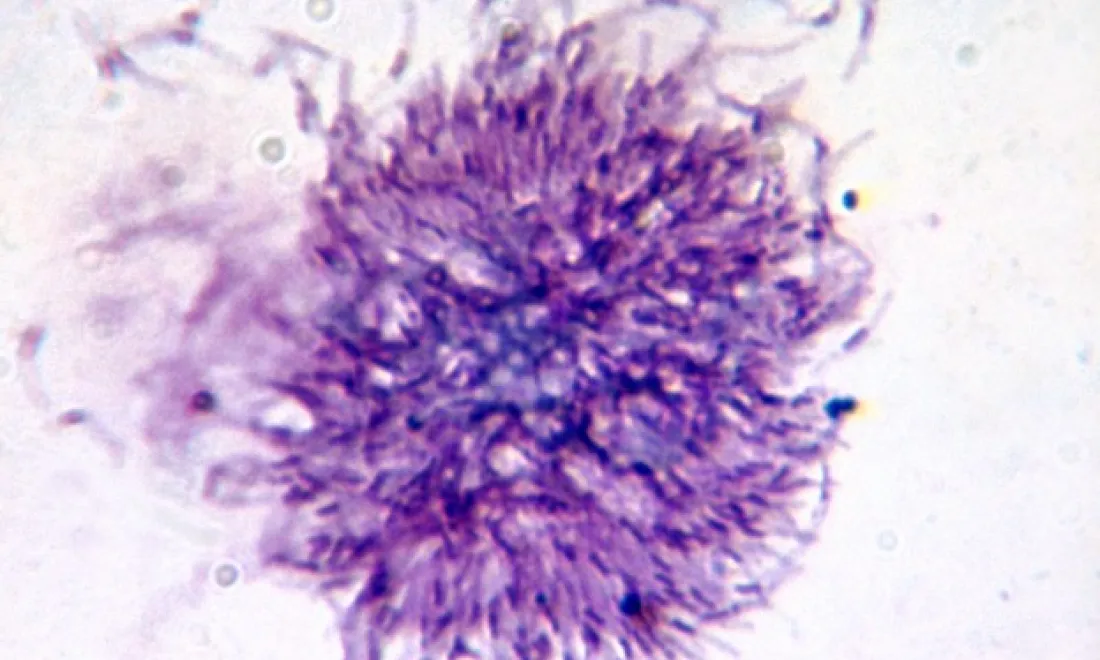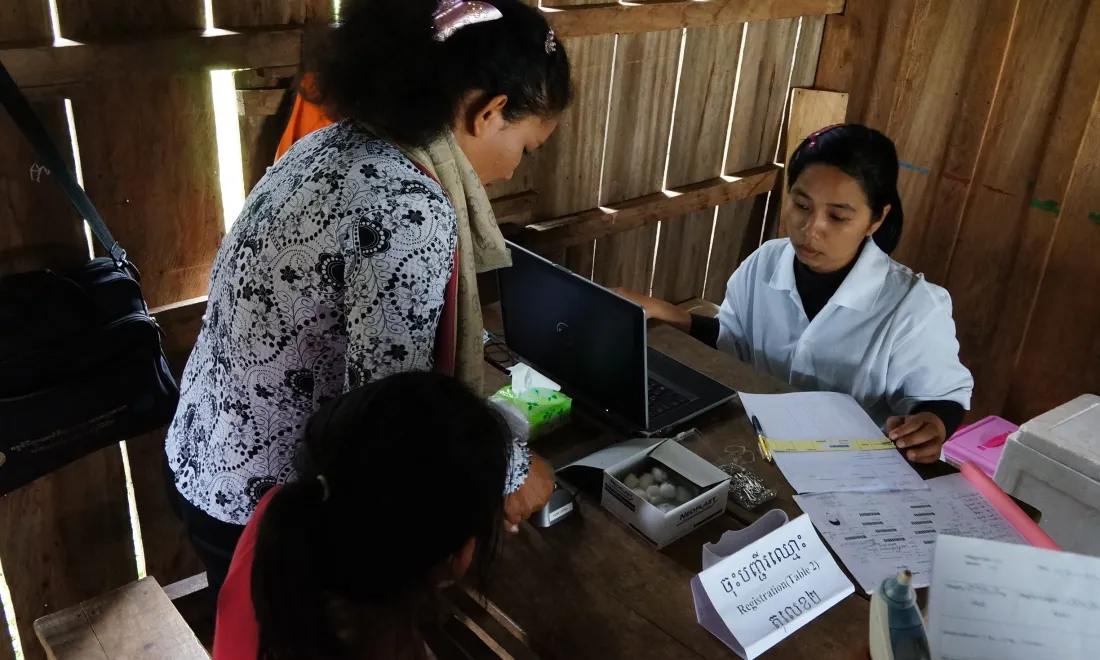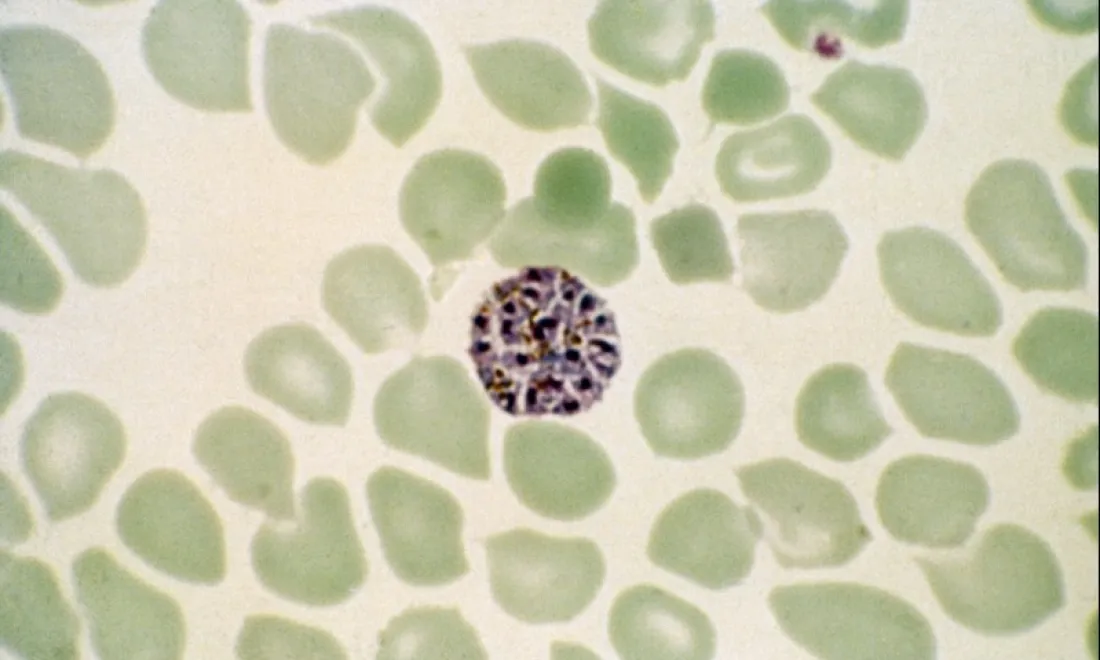Malaria Drug Resistance
Malaria medicines are working well in many parts of the world, but there is serious concern that malaria parasites are once again developing widespread resistance to antimalarial drugs.
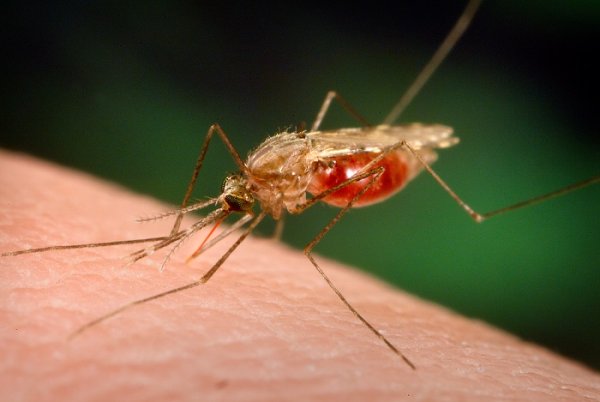
Plasmodium falciparum are the deadliest form of the malaria parasite, and are responsible for the vast majority of the death and illness caused by a malaria infection.
Artemisinin Combination Therapies (ACTs) are currently the frontline treatments against P. falciparum malaria. While these treatments are working well in many parts of the world, there is serious concern that malaria parasites are once again developing widespread resistance to this vital treatment.
As the threat of antimalarial drug resistance grows, there is increasing pressure to sustain the efficacy of existing treatments, develop alternative treatments, as well putting in place preventative measures (such as bednets).
What drives malaria drug resistance
- Malaria parasites with unusual genetic structure in places known for antimalarial drug resistance
- Counterfeit or substandard treatments
- Unregulated or poorly administered antimalarial drug use
- Giving artemisinin without a complementary combination treatment (such as lumefantrine)
What we do to combat antimalarial resistance
- The Antimalarial resistance theme is one of the four key themes of scientific work at WWARN.
- We facilitate Study Groups that generate pooled analyses, which help researchers understand the efficacy and safety of antimalarials, including for specific sub-populations of patients (such as pregnant women or younger children)
- We work to better understand the impact of poor quality drugs on malaria control through the work of the Medicine Quality Group
- We design and provide data visualisation and mapping tools to track the spread of resistance - these can be used to inform government-lead surveillance strategies
- We develop freely available tools, resources and training courses, to provide regional researchers with the knowledge and skills to generate high-quality antimalarial clinical data

